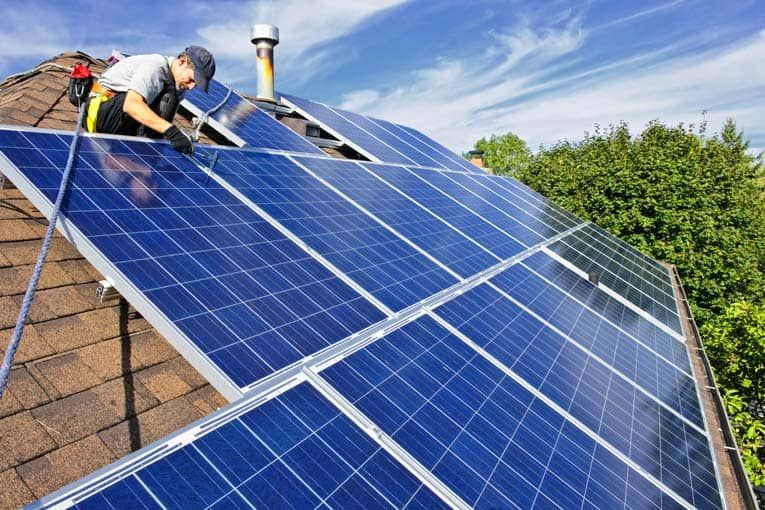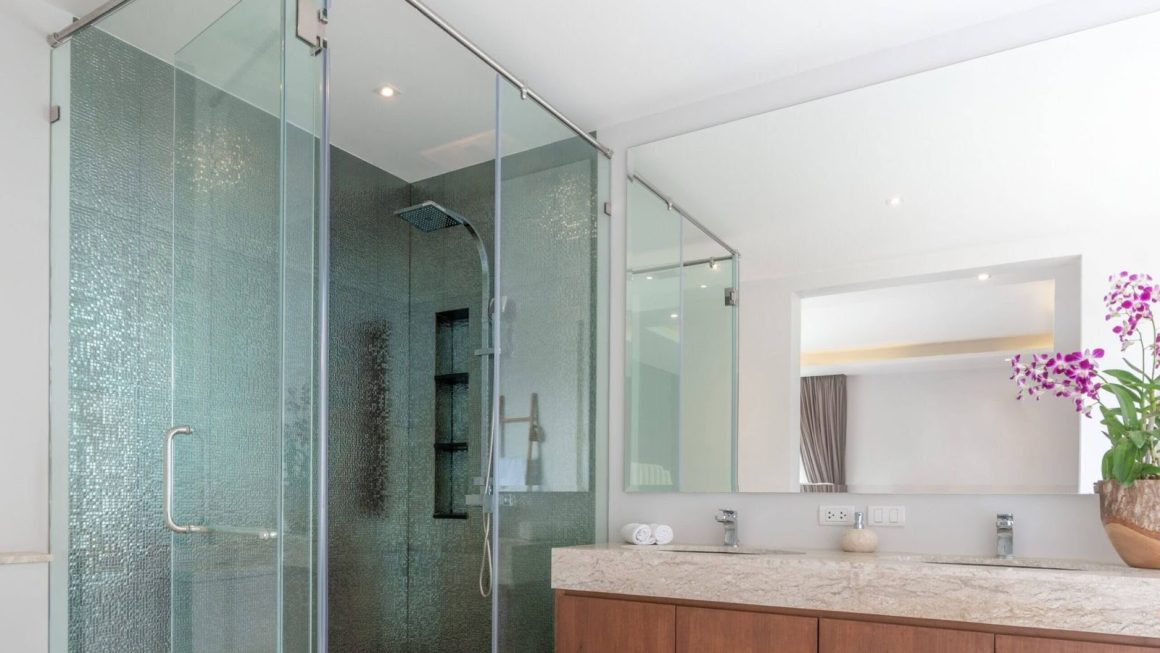These days, more and more homeowners are converting their homes into energy-efficient ones, and so should you! This will help you save money and protect the planet from further destruction. It’s hitting two birds with one stone!
Installing solar panels is one of the best ways to make your home energy-efficient. These rectangular objects absorb radiation from the sun, convert it into electrical energy, and store it for later use—usually when the sun isn’t up yet.
However, purchasing solar panels is a big decision to make. There are plenty of factors to consider, like popular brands (e.g., LONGi vs Jinko solar panels), types, and budget.
Buying solar panels can be overwhelming, especially for first-timers, but it doesn’t have to be. This article will guide you in choosing the right solar panels for your home. Continue reading to learn more.
How To Buy A Solar Panel?
The following are some crucial steps to take when buying a solar panel. Go through each step to find the right one for your home and budget.
- Choose A Type Of Solar Panels
Below are the different types of solar panels you might need to consider when buying one.
- Mono-Crystalline: This solar panel boasts great performance and high conversion efficiency. Plus, it’s ideal for locations that don’t receive enough solar radiation. However, it’s more expensive than others.
- Poly-Crystalline: This solar panel may not be as efficient as mono-crystalline, but it’s significantly lower in cost. In addition, it’s ideal during the summer season, giving you tons of reserve energy to power your entire home.
- Thin-Film Panel: This type offers higher flexibility and portability than mono- and poly-crystalline panels. However, it’s not as efficient as the two above; it’s only suitable for recreational vehicles and emergency use.
- Study The Cost Of Having A Solar Panel
When choosing a solar panel, you want to make sure that its price meets your budget without compromising quality, efficiency, and performance.
Keep in mind that quality doesn’t come cheap, so be sure to set realistic expectations before shopping around. Start by comparing multiple solar panel providers to determine which can give you greater savings.
Try to compare different companies on your own. Communicating with a sales agent may pressure you and force you to make reckless decisions. You might end up choosing a solar panel not suited for your home and needs.
Of course, the cost should be reasonable. If a company is extremely cheaper than others, their services may not be as good as you think. This can lead to higher expenses in the long run, especially when it comes to repairs and maintenance.
- Check The Manufacturer’s Warranty
Warranties can protect you from product defects due to quality issues and manufacturing problems. Your manufacturer should either provide a refund or replace the defective product as long as it falls within the stated period. Otherwise, you’ll need to shoulder all the necessary costs.
At the very least, solar panel manufacturers should guarantee you a 10-year warranty period. However, some manufacturers now provide 15-, 25-, and 30-year warranty periods. Ask your manufacturer about this before purchasing one from them.
- Ask For Recommendations
Look for people with solar panels and ask which company they can recommend. Also, don’t forget to ask them for reviews based on their experiences. Their unbiased reviews can help you determine the right solar panel and avoid getting tricked by marketing strategies.
Aside from that, you can also search for reviews online. You can visit your manufacturer’s website and check their reviews page. This will give you a mix of positive and negative reviews. Carefully weigh each one and make sure the positive outweigh the negative reviews.
However, reviews on the manufacturer’s website can be biased; you can never know whether it is genuine or not. If that’s the case, browse your search engine and look for reviews on other websites and communities (e.g., social media platforms).
- Check The Solar Inverter Efficiency Rating
The solar inverter efficiency rating is used to measure the ability of a solar panel to convert direct current (DC) to alternating current (AC) for home use. If your solar panels have high-efficiency ratings, they use less heat when converting DC to AC electric current.
In addition, solar panels with high inverter efficiency ratings are ideal for locations that don’t receive enough radiation from the sun. They can maximize the small amount of energy they absorb, unlike those with low inverter efficiency ratings.
That said, inverter efficiency ratings may vary from manufacturer to manufacturer. Compare different companies and check which one has high ratings at a reasonable price.
Final Words
Installing solar panels is a great way to make your home energy-efficient. It can help you not only save on energy consumption but also protect Mother Earth from further destruction due to unnatural energy harvesting. However, buying solar panels can be overwhelming, but it doesn’t have to be. You may use the steps above at your disposal to choose the right one for your home.



